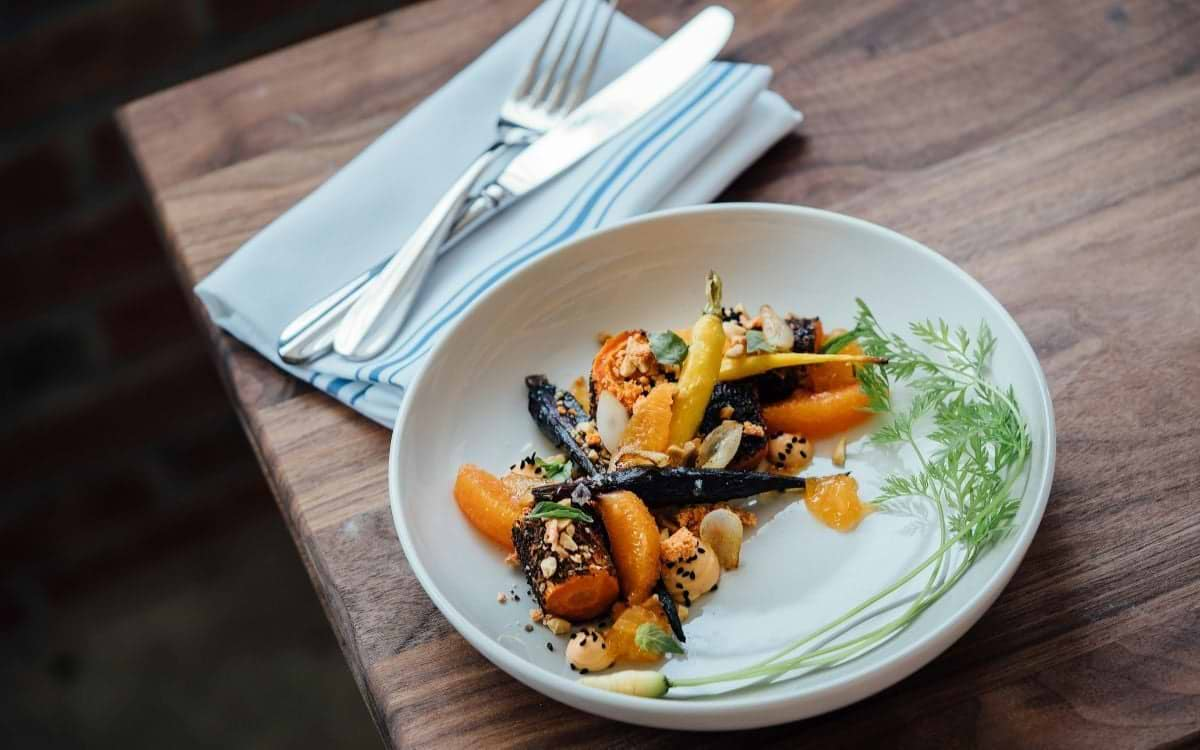In a world where our bodies are constantly exposed to various aggressions—pollution, stress, smoking, industrial food—antioxidants play a crucial role. These natural molecules act as a protective army for our cells, fighting against free radicals, which are responsible for premature aging and numerous diseases.
But what exactly are antioxidants? Where can we find them, and how can we incorporate them into our daily diet? This article explains everything you need to know about these essential allies for maintaining good health and strengthening your immune system.
What is an antioxidant?
Antioxidants are molecules naturally found in many plant-based foods. Their main role is to slow down or prevent oxidation in our bodies. Oxidation, caused by free radicals, damages cells and can contribute to the development of diseases such as cancer and cardiovascular disorders.
Antioxidants include vitamins (A, C, E), minerals like selenium and zinc, as well as bioactive compounds like polyphenols and carotenoids.
Why are antioxidants beneficial for our health?
Antioxidants work on multiple levels to help our bodies function properly:
- Fight against cellular aging by protecting cell membranes and DNA.
- Support the immune system by reducing oxidative stress, which weakens our defenses.
- Protect the cardiovascular system by reducing lipid oxidation and improving arterial health.
- Help prevent cancer by neutralizing free radicals, unstable molecules that can cause cell mutations.
- Maintain healthy skin – antioxidants like vitamin C and beta-carotene help preserve skin elasticity and reduce wrinkles.
Free radicals: silent enemies
Free radicals are unstable molecules produced naturally in the body during metabolic reactions (such as cellular respiration). In small amounts, they are harmless, but their production can increase due to external factors like:
- Smoking and alcohol
- Air pollution
- A diet high in sugars and processed fats
- Excessive sun exposure
- Chronic stress
This overproduction of free radicals leads to oxidative stress, which promotes inflammation and diseases like diabetes, neurodegenerative disorders, and certain cancers.
Which foods are high in antioxidants?
To increase your antioxidant intake, focus on a varied diet rich in nutrient-dense foods:
- Berries: Strawberries, blueberries, raspberries, redcurrants – packed with polyphenols and vitamin C, which boost the immune system.
- Colorful vegetables: Carrots, beets, sweet potatoes, spinach, kale – rich in beta-carotene and flavonoids.
- Spices and herbs: Turmeric, cloves, cinnamon, thyme, oregano – among the most antioxidant-rich ingredients.
- Nuts and seeds: Walnuts, hazelnuts, almonds – loaded with vitamin E and omega-3, which are excellent for heart health.
- Cocoa: In powder form or as dark chocolate with at least 70% cocoa content.
- Exotic berries: Goji, açai – their deep pigmentation indicates a high content of carotenoids and polyphenols.
- Olive oil: Contains phenolic compounds that protect cells from oxidative stress.
All of these foods have a high ORAC index.
What is the ORAC index?
The ORAC index (Oxygen Radical Absorbance Capacity) measures how well foods neutralize free radicals. The higher the index, the more antioxidant power the food has. For example:
- [Cloves] – 290,283 µmol/100g
- [Açai berries] – 102,700 µmol/100g
- [Cinnamon] – 131,420 µmol/100g
- [Turmeric] – 127,068 µmol/100g
- [Cocoa] – 55,653 µmol/100g
- [Dark chocolate] – 20,816 µmol/100g
- [Mustard seeds] – 29,257 µmol/100g
Incorporating ORAC-rich foods into your diet is an easy way to strengthen your immune system and slow down cellular aging.
Conclusion
Antioxidants are natural treasures that protect your cells and improve your well-being. By including them in a balanced and varied diet, you not only promote better overall health, but you also fight against oxidative stress.
So why not add more berries, cocoa, or olive oil to your daily meals?
FAQ: Your Questions About Antioxidants
1. Why are antioxidants essential for the immune system?
Antioxidants protect white blood cells and tissues from free radical damage, allowing the immune system to function optimally.
2. Should I take antioxidant supplements?
A varied diet is usually enough. However, supplements may be useful for people with deficiencies, high physical activity, or aging-related needs. Consult a doctor before taking any supplements.
3. Which antioxidants are good for the skin?
Vitamin C, beta-carotene, and vitamin E are particularly effective in maintaining skin elasticity and reducing wrinkles.
4. Is olive oil a good source of antioxidants?
Yes! Thanks to its polyphenol content, olive oil protects cells and supports cardiovascular health.
5. Do omega-3-rich foods contain antioxidants?
Not directly, but omega-3s reduce inflammation. To prevent their oxidation, they should be consumed with antioxidant-rich foods.
6. Is kale really a superfood?
Absolutely! Kale is rich in vitamin C and beta-carotene, making it an excellent immune booster.
7. Can you consume too many antioxidants?
Yes, excessive intake—especially from supplements—can disrupt the body's natural balance. It’s best to prioritize natural sources.
8. Do frozen berries retain their antioxidants?
Yes! Freezing preserves antioxidants, making frozen berries a great option outside of the fresh fruit season.
9. When is the best time to eat antioxidant-rich foods?
Throughout the day! For example, start with berries in the morning and finish with dark chocolate at night.
10. Is diet alone enough to protect our cells?
A diet rich in antioxidants, combined with regular exercise and stress management, is key to keeping your body healthy.
